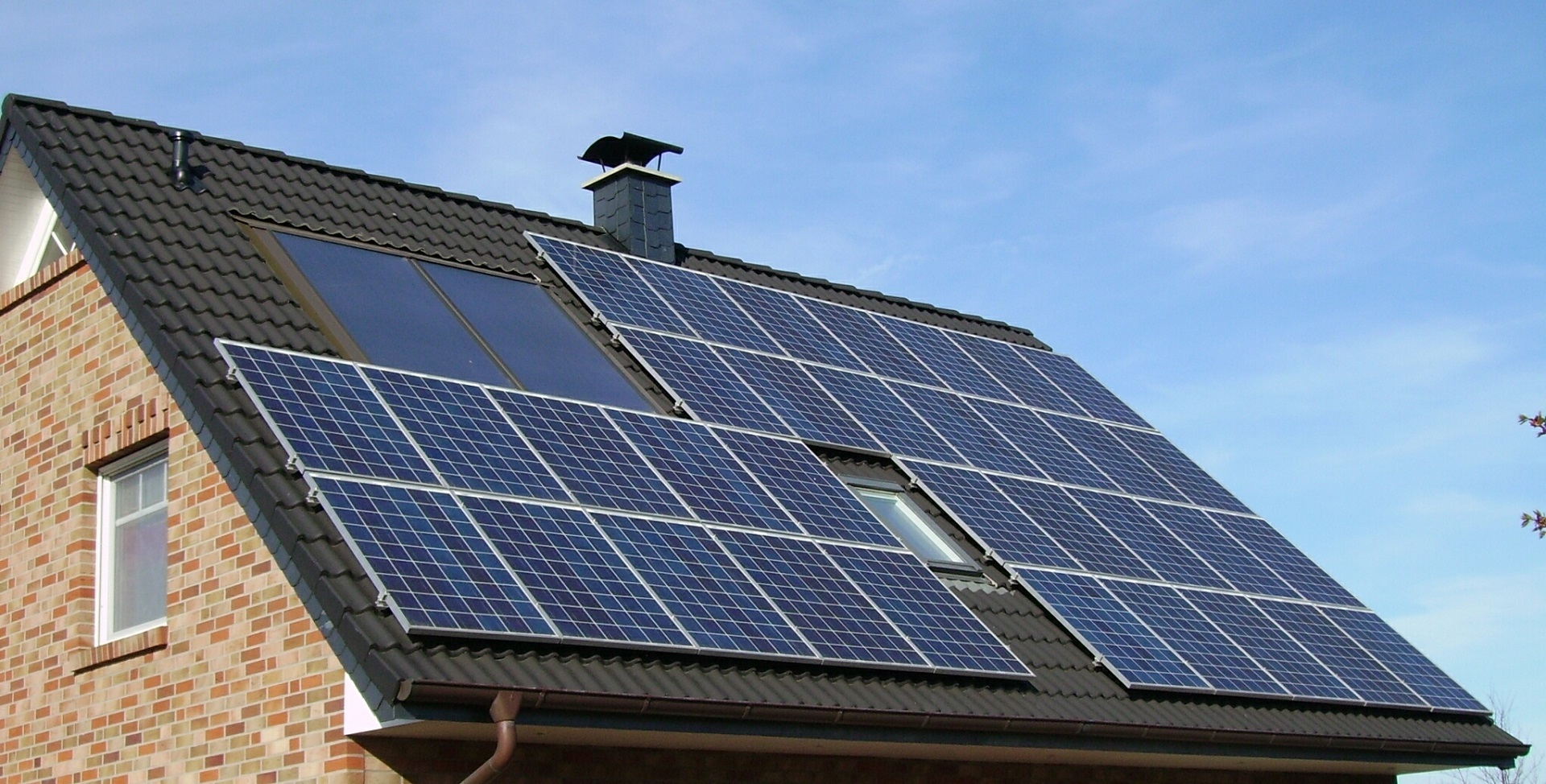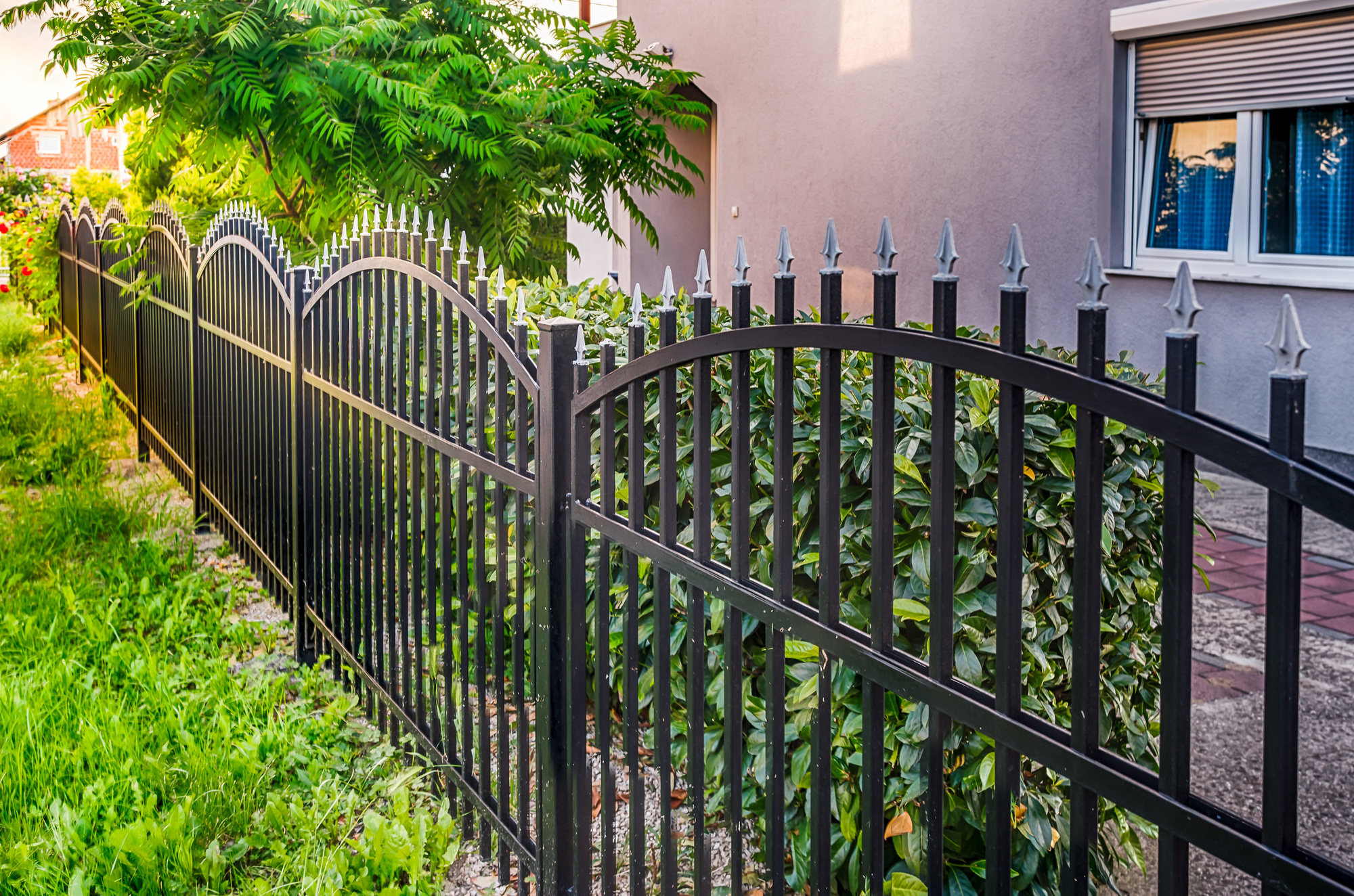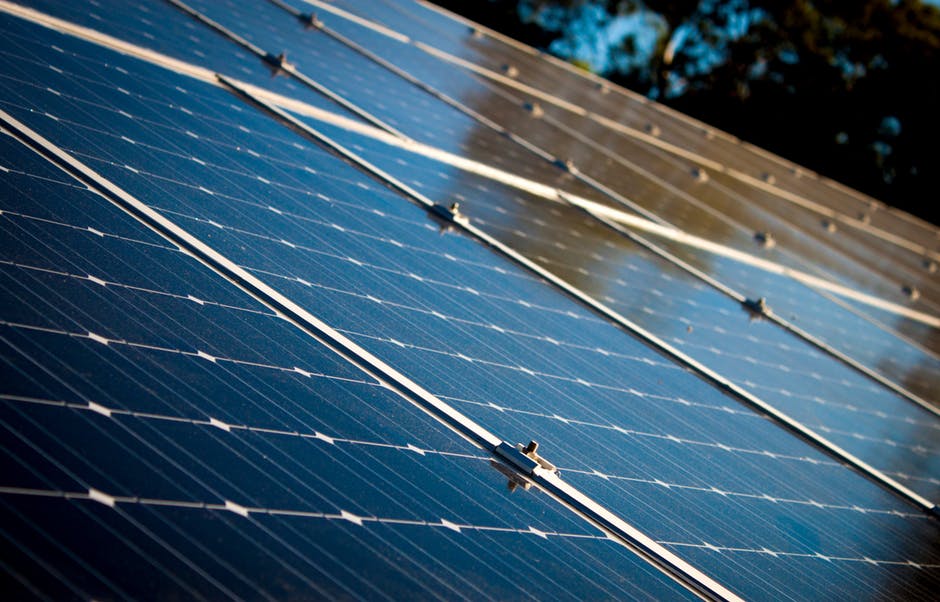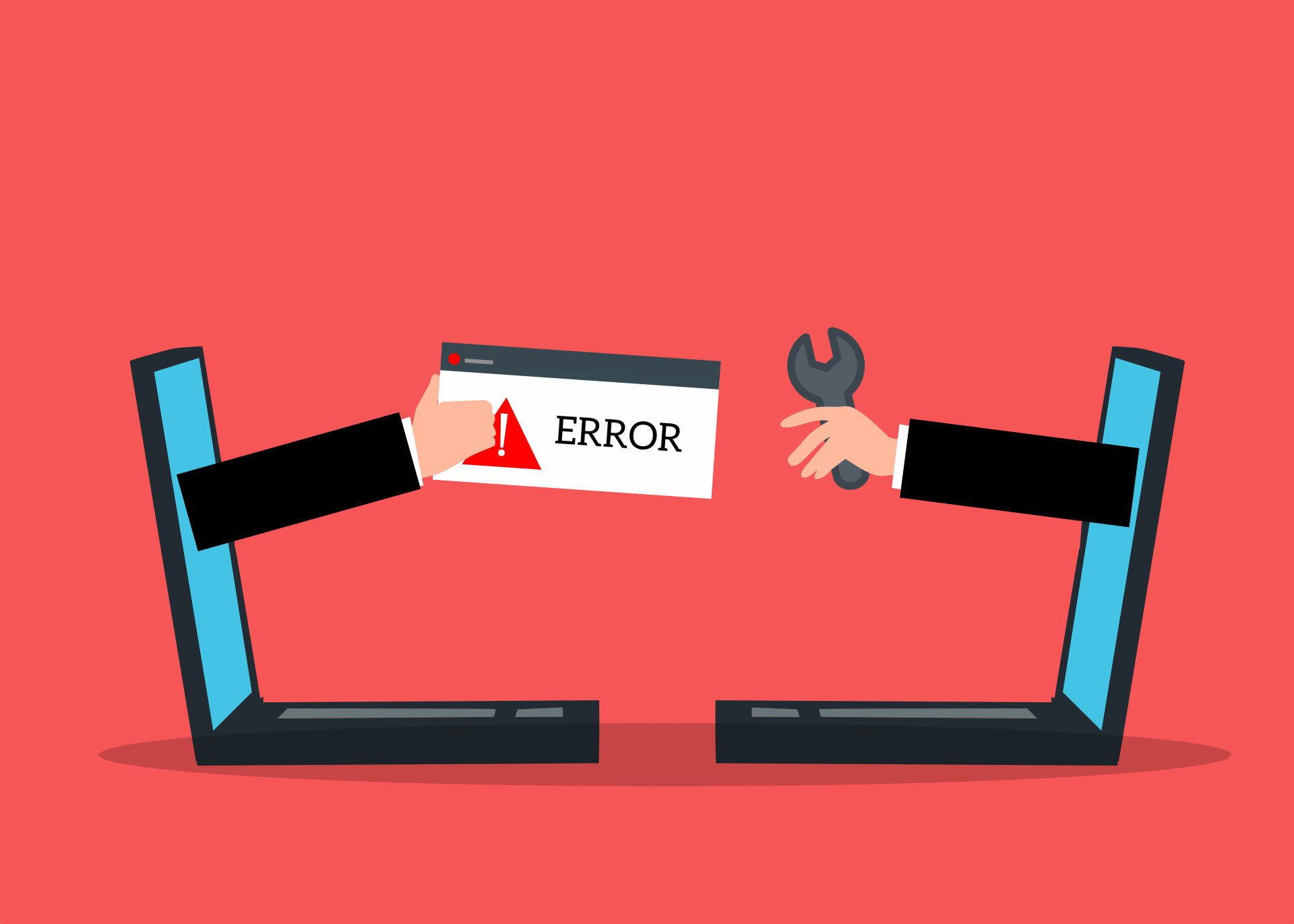Are you considering switching to solar energy but worried about making mistakes when selecting solar panels? Don’t worry; you’re not alone.
With so many options and factors to consider, it’s easy to make errors with selecting solar panels that could cost you money in the long run. That’s why we’ll highlight 10 common errors people make when selecting solar panels.
We’ll also provide you with tips on how to avoid them. We’ve got you covered with expert advice that will help ensure your switch to solar is a success.
So let’s dive in!
1. Not Doing Enough Research
With so many options and factors to consider, it’s crucial to take the time to thoroughly research your options before making a decision. You should familiarize yourself with the different types of solar panels available on the market today.
Each type has its unique features and benefits. That’s why it’s important to choose one that best suits your needs. You’ll want to research reputable manufacturers and distributors in your area, as it’s essential to work with reliable partners.
Another aspect of research is understanding local regulations around installing solar panels. Some areas require permits or have specific guidelines for placement. So be sure to understand what rules apply in your region.
Taking the time upfront to do thorough research can save you headaches down the line. This can ensure that you select high-quality equipment that meets all relevant standards for safety and efficiency.
2. Focusing Solely on Price
The price is a factor that homeowners must consider. However, focusing solely on the cost can lead to some common errors when selecting solar panels. One of the biggest mistakes homeowners make is choosing a low-priced panel.
Homeowners do this even without considering its quality and durability. Low-priced solar panels may have lower efficiency ratings. They may even have shorter lifespans. This could end up costing more money in the long run.
Another error is overlooking additional costs such as installation fees or maintenance expenses. Some cheaper options may require more frequent repairs and replacements. This is when compared to higher-quality ones, and this leads to unexpected costs down the line.
It’s important for homeowners not just to compare prices but also to evaluate their energy goals and requirements. Choosing an expensive panel does not always guarantee better performance if it doesn’t meet your specific needs.
3. Ignoring Efficiency Ratings
Efficiency refers to the amount of sunlight that is converted into usable electricity by a solar panel. The higher the efficiency rating, the more energy you will generate from each individual panel.
Ignoring this factor may lead to purchasing less efficient panels. The result would produce less energy and require more space for installation. Additionally, lower-efficiency panels may not be able to meet your energy needs in the long run.
Efficiency ratings are usually provided as a percentage and vary between manufacturers and models. It’s important to compare these ratings when shopping for solar panels.
Remember that high-efficiency panels may come with a higher price tag. But they can ultimately save you money over time due to their ability to generate more power from fewer panels.
4. Not Considering Your Energy Needs
It’s important to remember that everyone’s energy consumption is different and therefore requires a unique solar panel system. One common error is choosing a solar panel system that is too small for your energy needs.
This can result in insufficient power generation and, ultimately, higher electricity bills. On the other hand, choosing a system that is too large then you need will mean paying more upfront costs.
To avoid this mistake, it’s essential to determine your average daily usage of electricity. Do this by taking into account all appliances and devices used in your household. This information can then be used to select the appropriate size of the solar panel system.
Another factor to consider when determining your energy needs is future growth or changes in lifestyle. If you are planning on adding new appliances like an electric vehicle or expanding your home space shortly, these should be factored into the calculation as well.
5. Overlooking Warranties
A warranty is your protection against any manufacturing defects or premature failure of your solar panel system. Without a warranty, you could be left with unexpected expenses if something goes wrong.
It’s important to read and understand the terms of the warranty before making a purchase decision. Some warranties may cover only certain components or have limited coverage periods. So it’s important to know exactly what you’re getting.
Additionally, some manufacturers offer extended warranties for an additional cost. This can give you peace of mind knowing that your investment is protected for many years down the line.
6. Choosing the Wrong Type of Panel
Some solar panel designs are for residential use. Others are more suitable for commercial applications. Choosing the wrong type of panel can result in lower energy production and higher costs in the long run.
Another consideration is the material used to make the solar cells. While traditional silicon-based cells are widely used, and reliable, newer technologies such as thin-film and organic cells offer advantages such as flexibility and lightweight design.
It’s also important to consider whether you want monocrystalline or polycrystalline panels. Monocrystalline panels tend to be more efficient but come at a higher price point than their polycrystalline counterparts.
7. Not Considering Installation Factors
While it’s important to choose high-quality panels that meet your energy needs, it’s equally essential to ensure they are installed correctly. One factor to consider when installing solar panels is the direction and angle of your roof.
The ideal orientation for solar panels in North America is facing the true south with a tilt angle between 30-45 degrees. However, this may vary depending on your location and climate.
Another crucial factor is shade. Even partial shading can significantly reduce the performance of your solar panel system. That’s why it’s essential to assess any potential obstructions, such as:
- trees
- neighboring buildings
- telecom towers
By taking these installation factors into account during the selection process, you can ensure maximum efficiency and longevity from your solar panel investment.
8. Neglecting Maintenance
Solar panels require minimal upkeep. But regular maintenance can extend their lifespan and optimize their performance. One of the main reasons why homeowners neglect maintenance is because they assume that solar panels are self-sufficient once installed.
However, dust and debris from trees or nearby buildings can accumulate on the surface of your solar panel array. This reduces its efficiency over time.
Regular cleaning with water and mild soap can help remove stubborn dirt and grime from your solar panel system. Keep in mind that proper care will not only ensure optimal energy production. It also saves you money in the long run!
9. Not Factoring in Local Regulations
When it comes to installing solar panels, it’s important to keep in mind that local regulations may apply. Different regions have different rules and requirements when it comes to solar panel installation. Failing to factor these in could result in significant issues down the line.
You need to ensure that your chosen panels are compliant with local regulations before you start your solar installation in your town. Some areas require permits for solar panel installations. Failure to obtain one can lead to penalties or even having to remove the system altogether.
In addition, there may be zoning restrictions on where you can install your panels. You must check with both your HOA and local government before making any decisions about installing a solar panel system.
10. Choosing an Inexperienced Installer
The final, but certainly not the least important error is choosing an inexperienced installer. Solar panel installation requires a high level of skill and expertise, as well as attention to detail. An inexperienced solar panel provider can make mistakes that could lead to reduced efficiency or even damage your solar panels.
To avoid this mistake, always research potential solar installers thoroughly before hiring them. Look for reviews from previous customers and ask for references. Additionally, ensure that they have proper licensing and certifications.
By avoiding these common errors when selecting solar panels, you’ll be on your way toward enjoying all the benefits of renewable energy while making smart financial decisions at the same time. Remember to do enough research, focus on efficiency ratings over price alone, consider your energy needs carefully, and factor in local regulations – every little bit counts!
Avoid These Errors With Selecting Solar Panels
By understanding the basics of solar panel selection and the errors with selecting solar panels to avoid, you are on your way to making the best decision for your solar panel system.
Be sure to research the company, product, installation process, and warranty to get the best experience and make an informed decision. Get started today with a free solar consultation!
For more helpful articles, visit our blog page.










